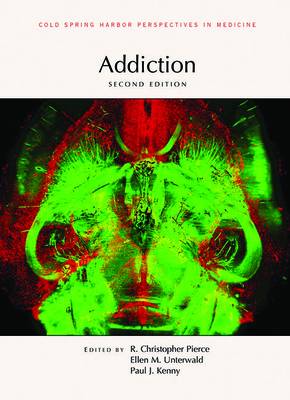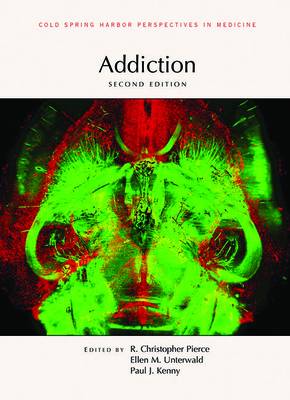
- Retrait gratuit dans votre magasin Club
- 7.000.000 titres dans notre catalogue
- Payer en toute sécurité
- Toujours un magasin près de chez vous
- Retrait gratuit dans votre magasin Club
- 7.000.000 titres dans notre catalogue
- Payer en toute sécurité
- Toujours un magasin près de chez vous
123,95 €
+ 247 points
Description
Addiction to psychoactive drugs found in cigarettes, alcoholic drinks, and opioid analgesics is a severe problem for society. Events associated with addiction-drug abuse, dependence, withdrawal, and relapse-involve complex neurobiological changes in the brain. To develop effective long-term treatment strategies for substance use disorders, a more complete understanding of these brain changes is needed. Written and edited by experts in the field, this collection from Cold Spring Harbor Perspectives in Medicine provides a comprehensive update on our understanding of the biological basis of and treatment strategies for addiction to psychoactive drugs, with an emphasis on opioids. Contributors examine the molecular targets of alcohol, cannabinoids, nicotine, stimulants, and opioids, the resulting changes to the neurocircuitry, and various genetic, environmental, developmental, and behavioral factors that influence the progression from abuse to addiction and susceptibility to relapse. Advances in animal models of addictive behavior and single-cell strategies to dissect neural circuits are also described. In addition, the authors review compounds currently used or under development to treat substance use disorders, their pharmacological mechanisms, and challenges related to preclinical testing in animal models. This volume is an indispensable reference for all neuroscientists and those who are interested in understanding and reducing the public health burden of drug addiction.
Spécifications
Parties prenantes
- Auteur(s) :
- Editeur:
Contenu
- Nombre de pages :
- 404
- Langue:
- Anglais
- Collection :
Caractéristiques
- EAN:
- 9781621823506
- Date de parution :
- 30-09-20
- Format:
- Livre relié
- Format numérique:
- Genaaid
- Dimensions :
- 183 mm x 257 mm
- Poids :
- 1156 g







